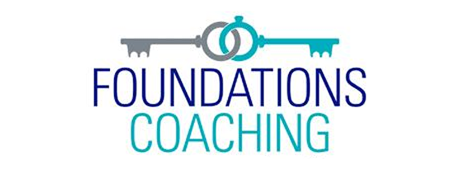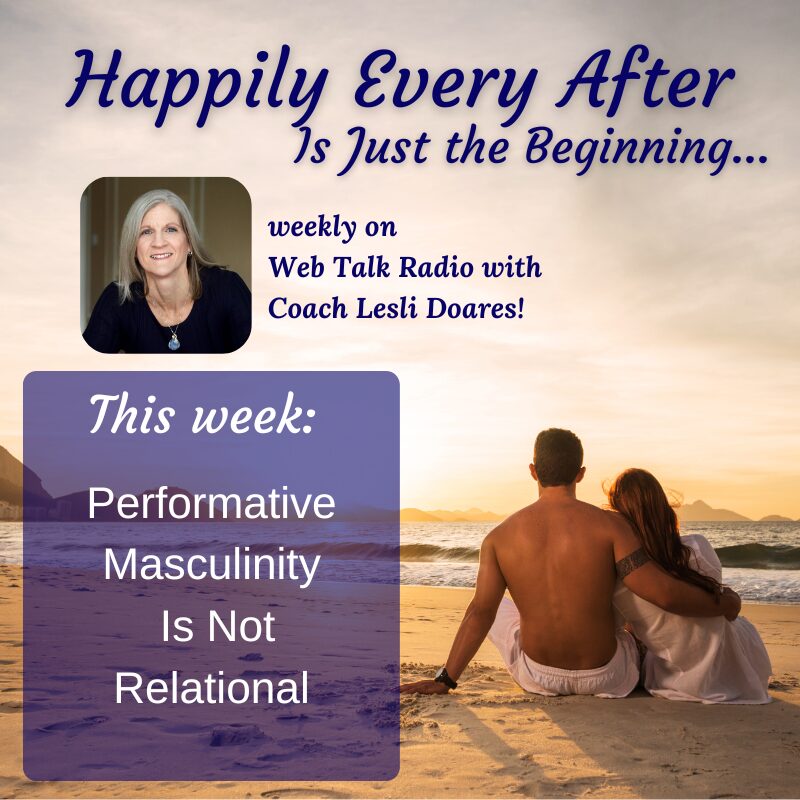“Love is but the discovery of ourselves in others, and the delight in the recognition.” Alexander Smith
Have you heard about the 5 Love Languages? They were introduced to the world in 1992 by Baptist pastor Gary Chapman. He developed his theory as he worked to support couples in his congregation in their marriages.
Even though the books spawned by his theoretical approach have sold millions of copies, a recent study by Emily Impett and her colleagues debunking the basic principles has hit the news.
The major criticism is that it’s not scientifically valid.
Now I’m a big believer in science but just because the information doesn’t reflect scientific vigor, it doesn’t mean it’s useless.
After all the same criticism can be aimed at the Myers-Briggs, DISC, and the Enneagram Assessments. None of them meet scientific standards either but they are used worldwide in business.
I have a lot of issues with Dr. Chapman’s approach to marriage, but the Love Languages is not included.
The study criticizing the Languages misses the bigger boat. Anything that helps couples understand and accommodate to each other’s differences is a good thing.
Dr. Chapman never claimed that the 5 languages—physical touch, word’s of affirmation, quality time, acts of service, and physical gifts—were the only ways that an individual feels love. They were never meant to be exclusive or exhaustive.
They’re meant to be explanatory. And helpful.
Letting It All Hang Out May Not Be So Great for Your Marriage
The Free Dictionary defines the phrase “let it all hang out” as “being emotionally open or direct”, or “to express one’s emotions directly.” Sounds great right? Like so many things in marriage, it depends. Yes, you want to share your deepest thoughts and feelings with...
Neither You, Nor Your Marriage, Are Guaranteed a Tomorrow
Last weekend was one of mixed emotions for me. I returned to my special place for the first time in almost 25 years to honor my mother’s final request. She died over 18 months ago and wanted her ashes buried at the cabin our family once owned in the Sierra Nevada...
Do You or Your Wife Make the First Move?
No, I’m not talking about initiating sex. I’m talking about after you’ve had a disagreement or a fight. Who reaches out to the other first? And is it always the same person? Because the details of how the two of you repair the breech in your marriage matters. All...
The Love Language Assessment doesn’t ask which language you prefer. It’s a list of forced choice situations. You read two statements and choose the one you prefer. Sometimes I didn’t care about either choice. Sometimes I wanted them both. But I had to choose the one I wanted the most.
At the end, I came out bi-lingual—acts of service and quality time. It doesn’t mean I don’t enjoy compliments or hugs.
It’s just a guideline for what’s important to you. Not a guarantee that if you and your spouse share the same Love Language, you will be ecstatically happy with each other forever.
For me, the biggest challenge in any marriage is that you and your wife are now, have always been, and will always be two different people. What determines the success of your relationship is how you deal with those differences.
The Love Languages can be a non-threatening way to learn about each other. It opens up a conversation about what matters to each of you and how you want to include those things in your relationship.
Anything that helps couples connect and talk about what they want in their marriage is a net positive in my book. Even if it doesn’t pass scientific muster.
If you have experience with the Love Languages, I would love to hear about it. Reach out and let me know your thoughts.
Around the Web This Week
Performative Masculinity is Not Relational
“Man UP”. “Act like a man.” “Real men don’t…..” If you’ve ever heard or made these statements, or something like them, what was the outcome? While the patriarchy has given men, especially white men, a lot of power, it also has “boxed” them in to performing in a certain way to be acceptable. This creates some very damaging consequences for men individually and society as a whole. Sex and relationship coach Dr. Charlie Glickman addresses the harm of the “Man Box” and presents healthier alternatives.









